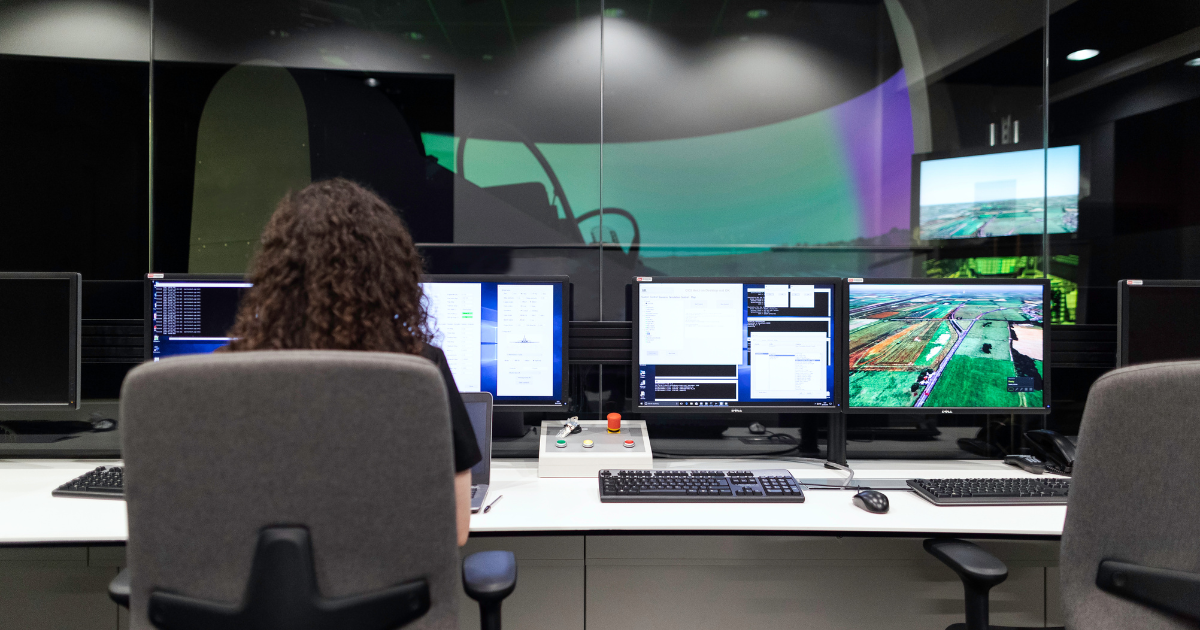Geolocation-based mobile apps have become increasingly popular in recent years, with users relying on them for a wide range of tasks, such as navigation, weather forecasting, and finding nearby businesses.
However, testing these apps can be challenging, as they rely on accurate and reliable location data. In this blog post, we will discuss the challenges of geolocation mobile app testing and provide best practices for ensuring that your app functions correctly and accurately.
- Network and device dependency: One of the biggest challenges of geolocation mobile app testing is that it heavily depends on the network and device used. The app’s performance and accuracy may vary depending on the device and network, so it’s important to test it on various devices and networks.
- GPS signal variations: GPS signals can be affected by factors such as atmospheric conditions, buildings, and trees. These variations can cause inaccuracies in location data, making it difficult to test the app’s accuracy. To overcome this challenge, testing should be done in various urban, suburban, and rural environments.
- Battery consumption: Geolocation mobile apps consume a lot of power, and this can cause the device’s battery to drain quickly. It’s important to test the app’s battery usage to ensure that it does not drain the battery too quickly, as this can be a major concern for users.
- User behavior: One of the most important aspects of geolocation mobile app testing is considering the user’s behavior. For example, a user may move quickly from one location to another or use the app while in a moving vehicle. It’s important to test the app in these scenarios to ensure it can handle the user’s behavior.
- Privacy and security: Geolocation mobile apps often require access to sensitive user data, such as location and personal information. It’s important to ensure that the app’s privacy and security features are functioning correctly and that user data is being handled in compliance with regulations.
To ensure that your mobile geolocation app is functioning correctly and accurately, it’s important to test it on various devices and networks, in different environments, and under different scenarios. Additionally, ensure that you consider the app’s battery usage, user behavior, and privacy and security features. By following these best practices, you can ensure that your mobile geolocation app is of high quality and meets the needs of your users.



